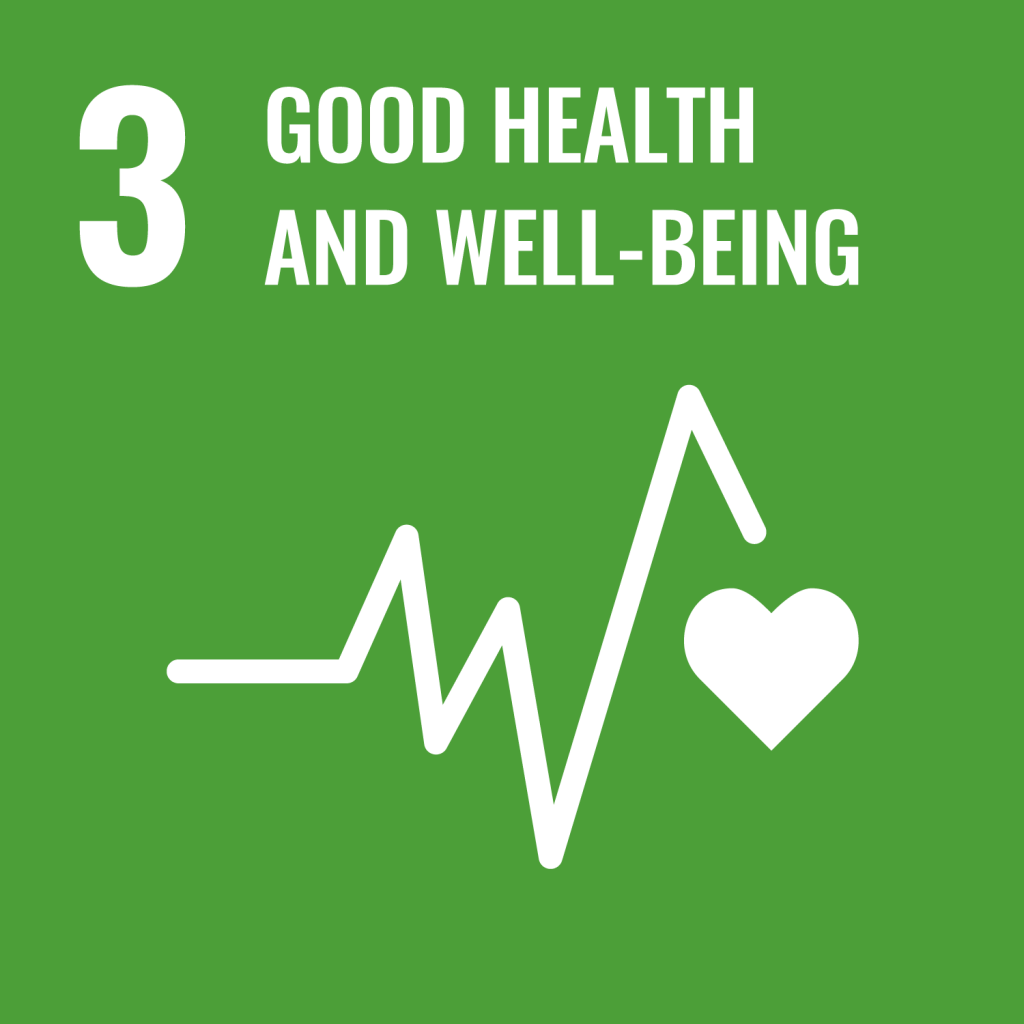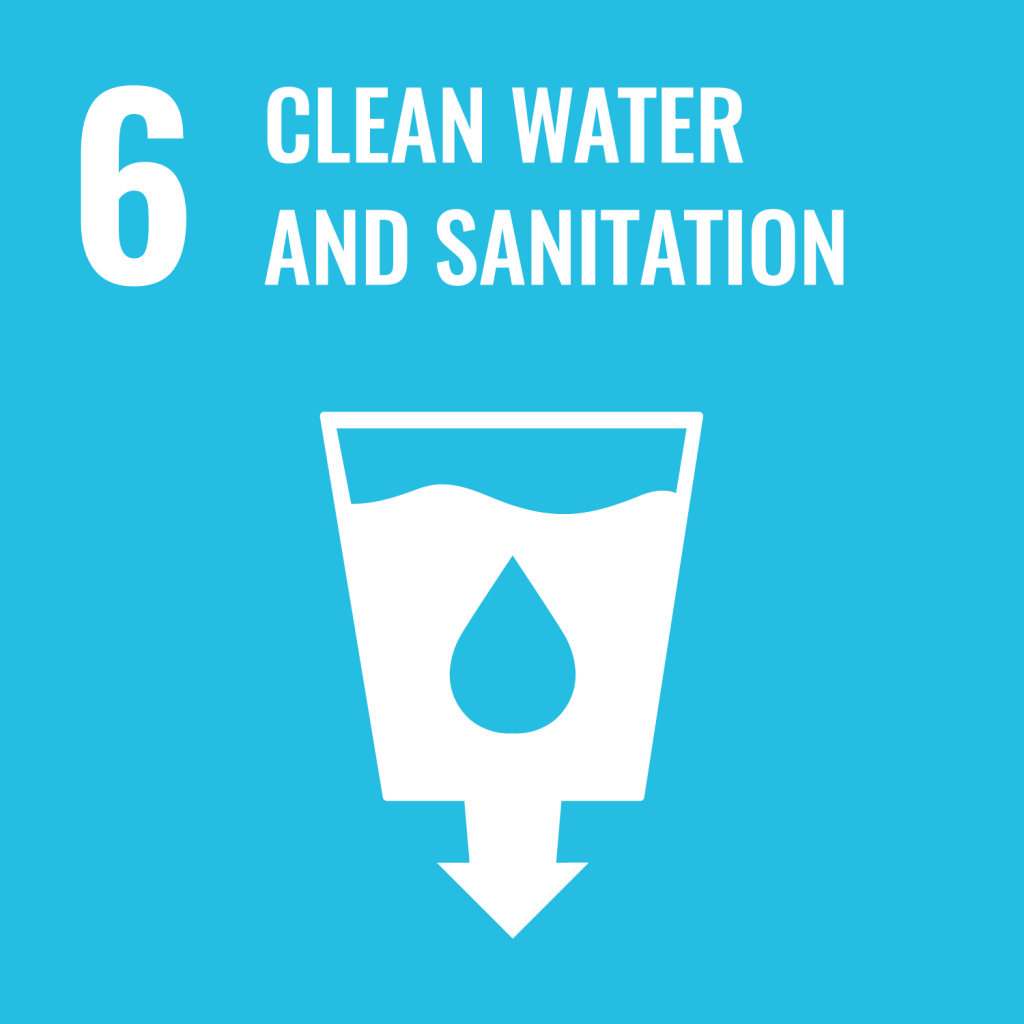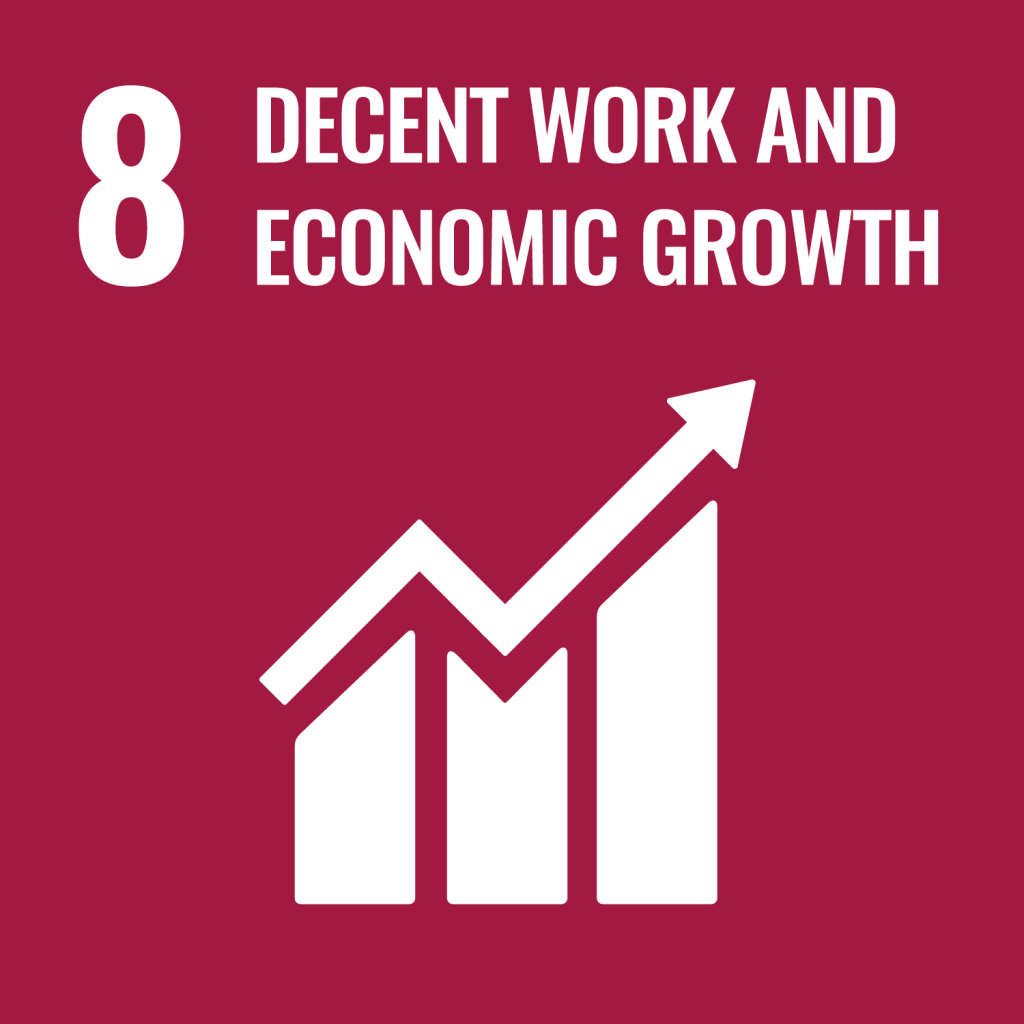El Almejal
Small (10 to 49)
Tourism
Lesson
The ability to reinvent the business and rebuild the value generation with a sustainable design can be achieved even when business routines have long been established. In this case, it is presented as a company in the tourism sector that demolished part of its infrastructure to restart operations with a sustainable design oriented to the use of space, harmony with the local environment, and better management of water and energy on the site. This cost presented a better business proposal that was facilitated by alliances and collaboration with local sustainability experts. The company has established a long-term sustainable model and started to promote a form of tourism for the region that can ensure the conservation and protection of the local ecosystem.
Background
El Almejal ecolodge is a company that began activities in 1982, having the design of a cabin that was being lent among family and friends, that was formalized as a local company even when its region was not listed as a tourist destination. It wasn’t until years later that the ecolodge incorporated a responsible outlook with the natural resources of the territory and sustainable community practices with the inhabitants of the territory, developing activities that employ and promote entrepreneurship through sustainable practices among its workers and its visitors in a permanent way.





Sustainability Story
Although the concern to conserve the bay was present since its foundation, a strategic plan was made to base the business model on the preservation of the flora and fauna of the area. For instance, the promotion of whale watching was used as a way of bolstering tourism from the care, conservation, and sighting of these animals. This also triggered the care of the other regional species and the regional ecosystem, allowing them to acquire international certifications as a company that works in conservation.
Later, they formalized this trend by taking specialized training courses in sustainability. They approached the Inter-American Institute of Tourism in Costa Rica under the ecotourism approach, as well as private training with personalities in the field, such as Dr. Ricardo Anzola, which led to the modification of the structure of the hotel, its facilities, and its vision. Still, since 1991, the hotel has had an organized and structured plan in favor of sustainability.
At time same time, a collaborative development of practices with the community was pursued, adding followers to this sustainable vision of the economy and generating a collective resilience in favor of caring for the ecosystem and formal employment. The population became involved, from their participation in jobs such as cooking and maintenance to their participation as responsible and trained caretakers and tour guides who seek the conservation of their biocultural heritage. Likewise, El Almejal has served as an incubator for ecotourism entrepreneurship projects for the same workers, providing direct economic benefits to the inhabitants of the region. From their initial formation to consolidating them through formal registration in the Colombian tax system, this practice generated well-paying jobs that are environmentally-responsible and are in solidarity with the community.
El Almejal ecolodge is a company that is committed to the sustainability of its tropical ecosystem and its species. The ecolodge currently has its own sanitation plant, its own recycling plant, and designs models of care and preservation for the ecosystem. For this reason, it has been recognized with several national and international awards and distinctions, such as the 2019 National Tourism Award, in the category of sustainability.
El Almejal Practices
| Ecosystem conservation: Care for underwater ecosystems through conserving ecosystems in tourist areas, improve the quality of life for endemic species, and invest in the environment with revenue made from ecotourism. | Waste and Energy Management: Care for terrestrial ecosystems through pursuing zero emission practices, recycling hotel waste, and reducing ecosystem contamination. | Community trainings: Pursue community training and partnership building whilst reducing inequalities between community members and ecolodge workers. |
Pathway Map
Community Trainings
View the Pathway MapEcosystem Conservation
View the Pathway MapWaste and Energy Management
View the Pathway MapEnabling Factors for Practices
| Internal to the organization | External to the organization |
|---|---|
| Professionalization: Is a key in the field of ecotourism, such as managers and field tour guides. | Academic research: Academics who provided advice. Working with academics, the SME strengthened their design of the lodge, the practices and a better understanding of the local ecosystem that drives the business model. |
| Employees: Replication of practices in the other employees of the ecolodge. Main providers of tourist services such as guides and people who oversee maintaining the ecolodge. | Partnerships: Association with airlines to remove waste and generate more tourism in the area, and private companies that have joined in caring for the environment by modifying their practices to relate to the El Almejal ecolodge. |
Arresting Factors for Practices
| Internal to the organization | External to the organization |
|---|---|
| Economic limitations: Limited financial resources to invest and expand practices. | Disinterest of local governments: Lack of incentive or engagement by the local government in promoting sustainability in the tourism sector, and conservation of natural resources in the region. |
| Technical capacity: For example, it is necessary to develop disaster risk plans or undertake more practices. | Hostility and corruption in government actors: This slows down the implementation of practices and add operational pressure on the business. |
| Lack of adequate infrastructure in the region for recycling and garbage disposal limits the amount of waste that can be diverted from the landfill. | |
| Lack of public policies for waste treatment and incentives, the lack of guidance and resources invested in waste management also makes it difficult to work with other businesses or communities in prompting better management practices. |
Lesson for Disaster Risk Reduction
The involvement of scientists and experts in infrastructure re-design provides businesses insights into different variables to consider in their long-term investments. In this case we see a complete reconfiguration of infrastructure to comply with water and waste management practices, but it can easily include considerations to sea level rise, locations of the hotel infrastructure and existing risks in coastal areas, and account for flooding risk. The collaboration with external experts can expand investment plans for businesses.
